Flattery & China.
“Imitation is the sincerest form of flattery that mediocrity can pay to greatness.” –Oscar Wilde

“Imitation is the sincerest form of flattery that mediocrity can pay to greatness.”
–Oscar Wilde
At the end of the epic post-World War II standoff with the Soviets dubbed "the Cold War”, the People’s Republic of China (PRC) and the Chinese Communist Party (CCP) 中国共产党 remained unfinished business. I and many others, who picked up a weapon and stood a post in the intelligence community between 1947-1992 were aghast at the warm embrace the CCP received after allowing free-market reforms. All sins were mysteriously forgiven. Likewise, a decade later, I argued with Jimmy Rogers, Co-Founder of the Quantum Fund & Soros Fund Management, and one of the more brilliant minds in finance about the future for the Chicoms. The substance of that conversation and Rogers’s logic is recorded in an article six years later.
(Oct. 11, 2009) According to Rogers, the 19th century was the era of the British Empire and the 20th century was the U.S.’ heyday. But the 21st century is China’s (though the rest of Asia is definitely going to get a boost too).
The reasons for this are many, but some points brought up by Rogers include the following:
- The Chinese want to live like we do;
- They are more eager to work;
- They are better at saving;
- There are 1.5 billion Chinese citizens (and 3 billion people in all of Asia), and we owe them money. They are, according to Rogers, “among the best capitalists in the world.”
For Rogers and many others, “Capitalism = Democracy”. I remained steadfast in my opposition to that oversimplification of the CCP’s survival mechanism and further, I believed, “empowering, enriching, and emboldening the Chinese communists was a bad idea.”
With more than 4,000 years of recorded history, China is one of the few countries that flourished economically and culturally in the earliest stages of human civilization. The Chinese people have a very long history of adding value to the human equation. On October 1, 1949, Chinese Communist leader Mao Zedong declared the creation of the People’s Republic of China (PRC). The creation of the PRC also completed the long process of governmental upheaval in China that had begun in the Chinese Revolution of 1911. Generations of dynastic rule ended abruptly.
The new nation would be Maoist, a derivative form of communism developed by Mao Tse Tung. His doctrine was to capture State power through a combination of grassroots armed insurgency, mass mobilization, and strategic alliances.
Under Mao, in October 1950, Chinese troops under the name of the Chinese People’s Volunteer Army (CPV) crossed the Yalu River to assist North Korean armies and offensively engaged in the Korean War after the U.S. troops crossed the 38th parallel. The People’s Republic of China drew first blood.
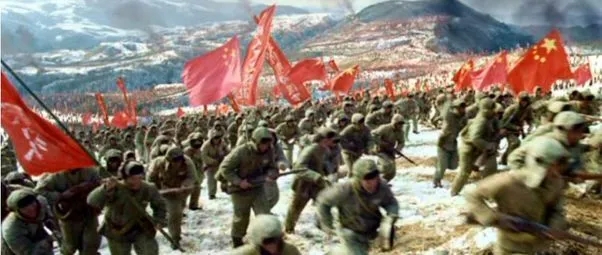
Under Mao’s divine leadership, China experienced the worst manmade famine in human history, an estimated 40 million people died of hunger between 1959 and 1961. Mao had mastered, insurgency, friction, and revolution, but he was totally useless at running a country. Or communist central planning is a terrible notion worthy of failure. Don’t forget to add the cultural revolution to Mao’s central planning accolades and his body count.
In 1978 with Mao gone, Deng Xiaoping began China’s transition from a planned economy to a market economy. When China started the process, the government did not have a well-designed central plan for the institution of freedoms. Their approach to reform could best be characterized as scattered, incremental, and often totally experimental.
The reforms carried out by Deng and his allies gradually led China away from centrally planned economic and Maoist ideologies opening it up to foreign investment and technology and introducing its vast labor force to the global market. These moves transformed China into one of the world’s fastest-growing economies. Deng was eventually characterized as the “architect” of a new brand of thinking combining socialist ideology with free enterprise, dubbed “socialism with Chinese characteristics”.
I assert, that Deng Xiaoping didn’t change China’s economy in a brilliant strategic move. The PRC leader launched the reforms because China’s leadership had their collective backs up against the ideological wall. Maoist central planning had failed miserably, time and again. The CCP’s social contract with the people lay tattered and frayed by twenty-nine long years of economic lack. Millions were starved and killed as the Chicom’s clung to power. Out of sheer desperation, not innovation, Deng moved to a market economy imitating the only system with the ability to solve China’s endemic and chronic poverty. The PRC did not have a Saul to Paul “Road to Damascus” conversation seeing the light of freedom shine bright.
As a matter of political expedience, the PRC imitated the only system capable of lifting its people out of dismal poverty created and fostered by Mao’s form of communism. We in the Western world should be flattered by the PRC’s nod to our economic supremacy.
Donning their rose-colored glasses, US foreign policy wonks and beltway intel types misread the tea leaves. “The End of History and the Last Man” became the prevailing worldview.
A vast pool of impossibly cheap labor and billion-plus budding consumers ripe for exploitation became the Faustian prize. Believing the lie, served our interests. We won the Cold War, ask anyone. The Cold War ended IF, you exclude the Chinese as Russia’s partner in the communist chaos and the PRC as ideological patient zero for Maoism’s spread. And, ONLY IF you overlook the scuffles in the Far East where China served as the pivotal combatant. Borrowing copious amounts of liquid paper, the PRC’s role as a Cold War adversary was politely whited out. Presto, Cold War over. Communism was erased from our conscious landscape. We won. Let’s move on as the world's sole superpower to the peacetime dividend. Yeah!
The clash between the budding notions of China’s free-thinking capitalists and the PRC’s domineering overlords came quickly.
On June 4, 1989, the student protests in Tainmammen Square and the aftermath should have clearly demonstrated the PRC’s true commitment to deep and lasting change. Behavior never lies. People do.
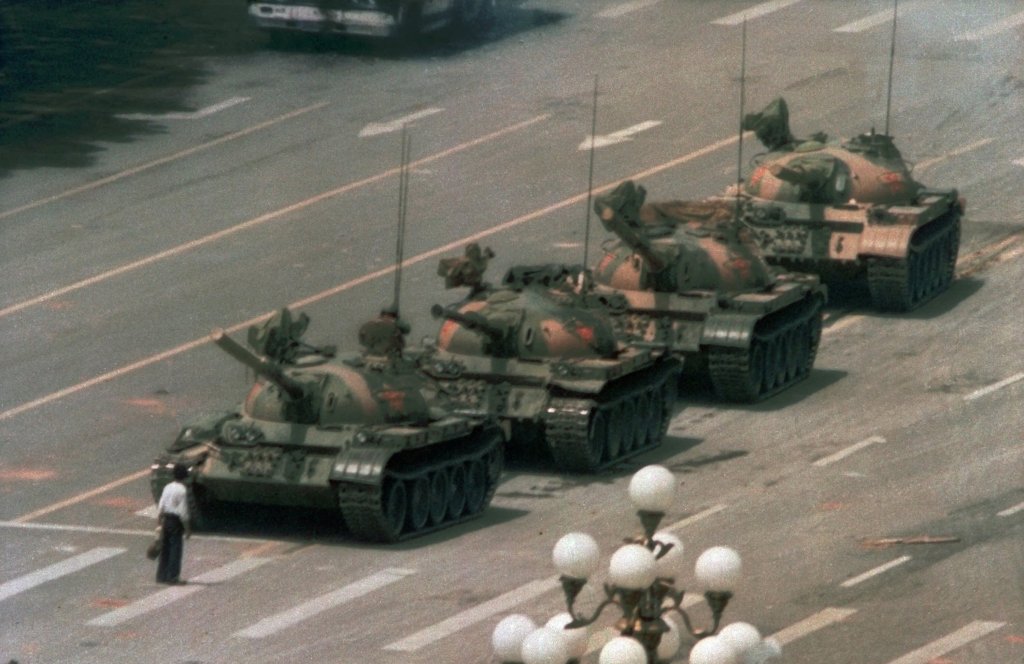
How about the Uyghurs? The Chinese government has imprisoned more than one million Uyghurs—mostly Muslim since 2017 and subjected those not detained to intense surveillance, religious restrictions, forced labor, and forced sterilizations. The background story is recounted in a Council on Foreign Relations article entitled “China’s Repression of Uyghurs in Xinjiang.”
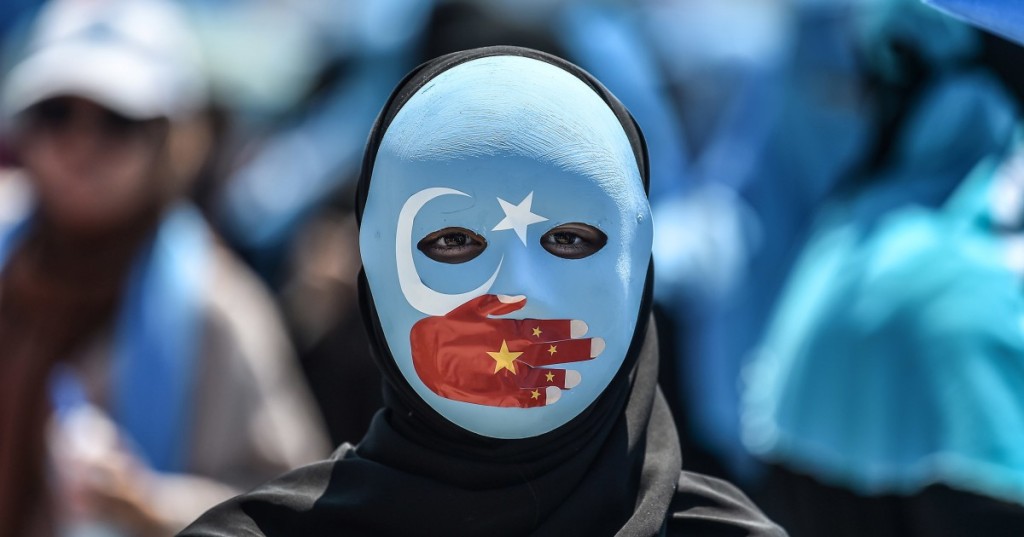
How about those peace-loving protests in Hong Kong started in 2019?

The CCP is not interested in free-thinking or democracy. The Chicom embrace of capitalism and free markets only goes as far as it enriches them and solidify's their iron grip on power, no further. Several very smart foreign policy writers and original thinkers have come to a similar conclusion.
Further, I contend China’s rosy future is obstructed by several major structural issues. For the sake of brevity, I have chosen to gloss over another half dozen CCP future stumbling blocks to focus exclusively on the fundamentals.
1. POPULATION: The CCP’s one-child policy paid off – there are 34.9 million more men than women in China, and the women of childbearing age are having 1.3 kids far below the 2.1 kids required for a stable population. But most importantly, 34.9 million guys can’t get a date.
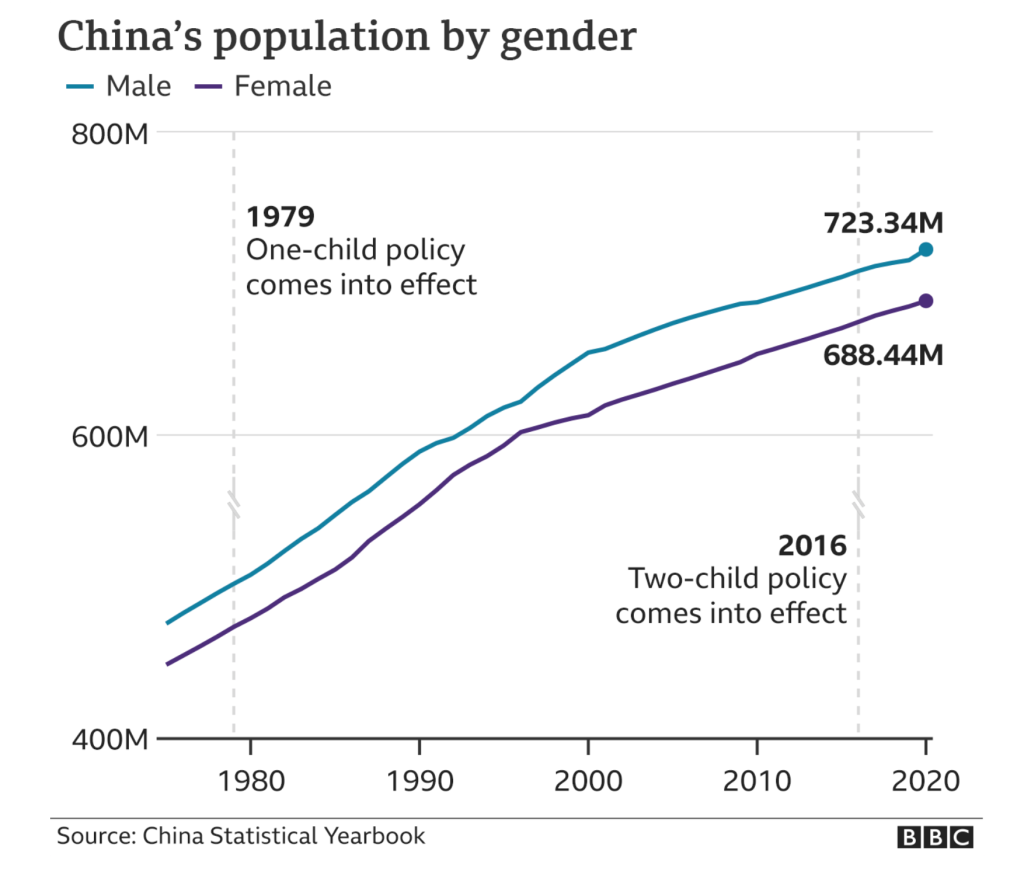
2. WATER: Water Scarcity is a real issue. China has 20% of the world’s population but only 7% of the world’s freshwater resources. China’s overall water resources are adequate for the moment, but they have a logistics problem. 2,000 cubic meters (m3) per person they are above the level where water stress starts (1,700 m3), well above water scarcity (1,000 m3), and acute water scarcity (500 m3). China's water resources are roughly equal to those of the UK.
The problem is that 80% of the water is in southern China. The eight northern provinces suffer from acute water scarcity, four from scarcity, and a further two (Xinjiang and Inner Mongolia) are largely desert. Unfortunately, those 12 provinces account for 38% of China’s agriculture, 46% of its industry, 50% of its power generation (coal and nuclear use a lot of water), and 41% of its population.
Additionally, the long-term outlook for renewable freshwater is rather dire according to the USC Annenberg Center. Water scarcity eventually creates food scarcity.

3. ENERGY SCARCITY: An electricity deficit is growing as coal, hydro, and nuclear power generation all require significant water resources to maintain output. Combined together, these three sources comprise more than 74% of China’s power capacity. according to IEA data. Power rationing is now in effect. No electricity, no lights or heat.
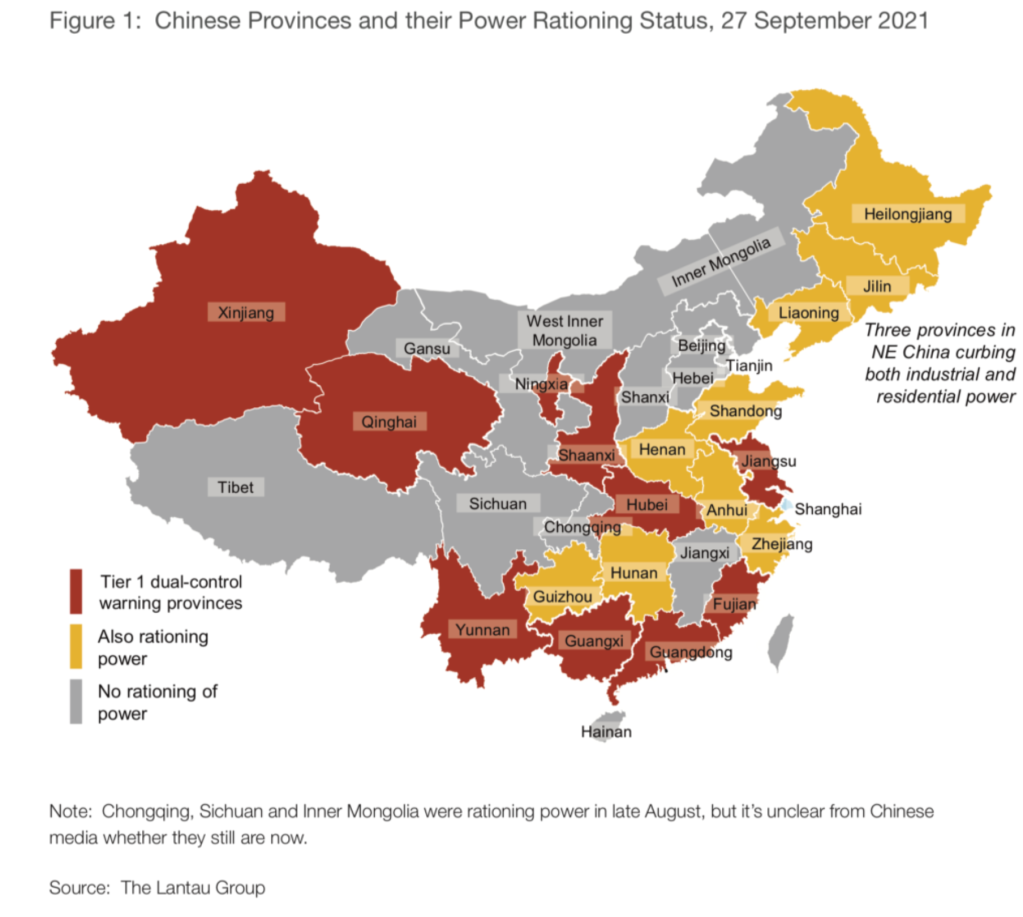
4. AIR QUALITY & POLLUTION: The CCP scaled its way out of mass poverty with intense urbanization. The result is air quality and pollution problems on an equally troubling scale. I found a very detailed population density map (see below) and Air Pollution in China: Real-time Air Quality Index Visual Map to overlay to bring the air quality issue into better focus.
MAP OF CHINA’s POPULATION DENSITY
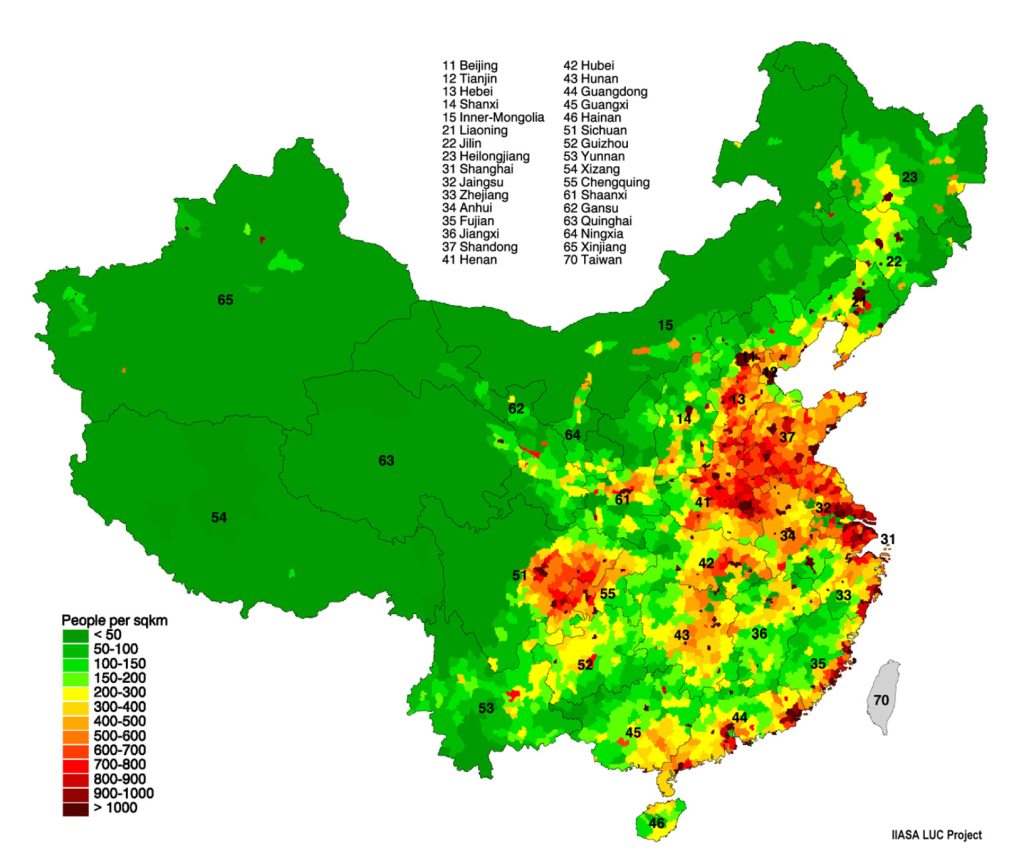
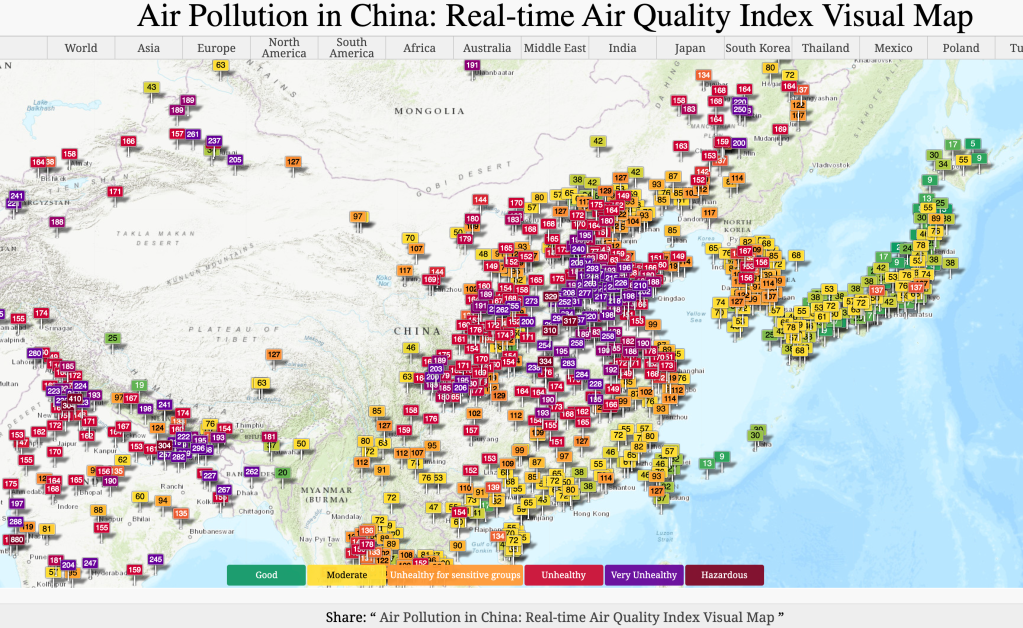
Let me reiterate an idea from an earlier post “The Fundamentals: Coffee Anyone?”, the US Army trained me to survive and thrive under harsh conditions, consequently, I have a shortlist of true needs. Food, air, and water are non-negotiable. First, the air is the most critical of the mix, as the average person cannot hold their breath for more than a few minutes. Second, a healthy person can only last a day or two without water. Lastly, it’s estimated, we can survive three weeks without food, but a lot of variables go into that calculation. Where am I going with this?
According to my thumbnail research, the CCP’s inspired leadership has managed to produce a top-flight economy that has scarcity issues with water, air, power, and companionship? Forget thriving as a populace, how about surviving? If CCP follows their usual script, someone’s head will need to roll for the grievous errors of the past. God knows Maoist central planning can’t be at fault.
I assert that the CCP will purge the leaders that failed them and promptly encroach on its neighbors to solve its scarce resources issues and blame it on said neighbors. A small print debt default under the Belt and Road Initiative would provide a lovely pretext. Thus the CCP keeps its social contract with its people and its monopoly on power. If not, many of China’s citizens will go thirsty and hungry alone in the dark.
As I mentioned earlier, a few original thinkers are tackling China’s global posture head-on. One such thinker is Hal Brands. He is the Henry A. Kissinger Distinguished Professor of Global Affairs at the Johns Hopkins School of Advanced International Studies (SAIS) and a scholar at the American Enterprise Institute. Professor Brands has a very keen eye on the geopolitical prize. In a recent Bloomberg piece “China Is Running Out of Water and That’s Scary for Asia” he wrote:
“The economic and political implications are troubling. By making growth cost more, China’s resource problems have joined an array of other challenges — demographic decline, an increasingly stifling political climate, the stalling or reversal of many key economic reforms — to cause a slowdown that was having pronounced effects even before Covid struck. China’s social compact will be tested as dwindling resources intensify distributional fights……In other words, the thirstier China is, the more geopolitically nasty it could get.”
Well said.
Until next time. Travel safe.

